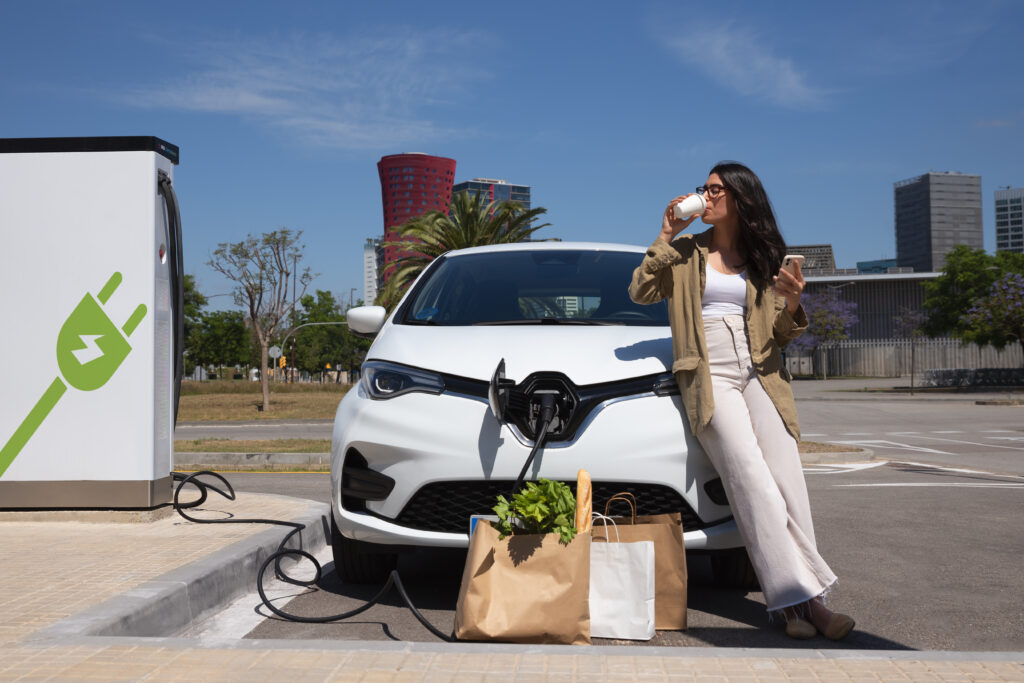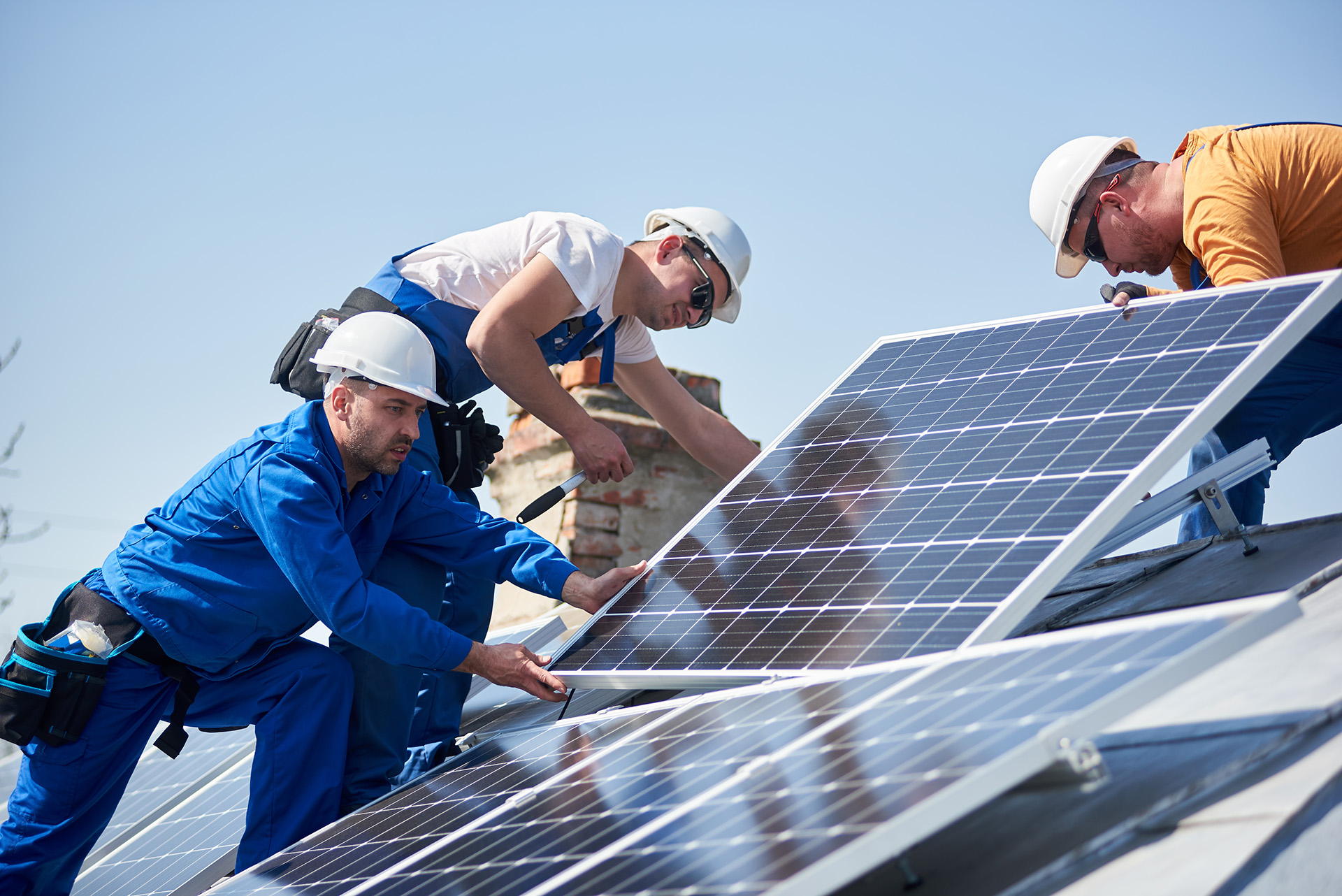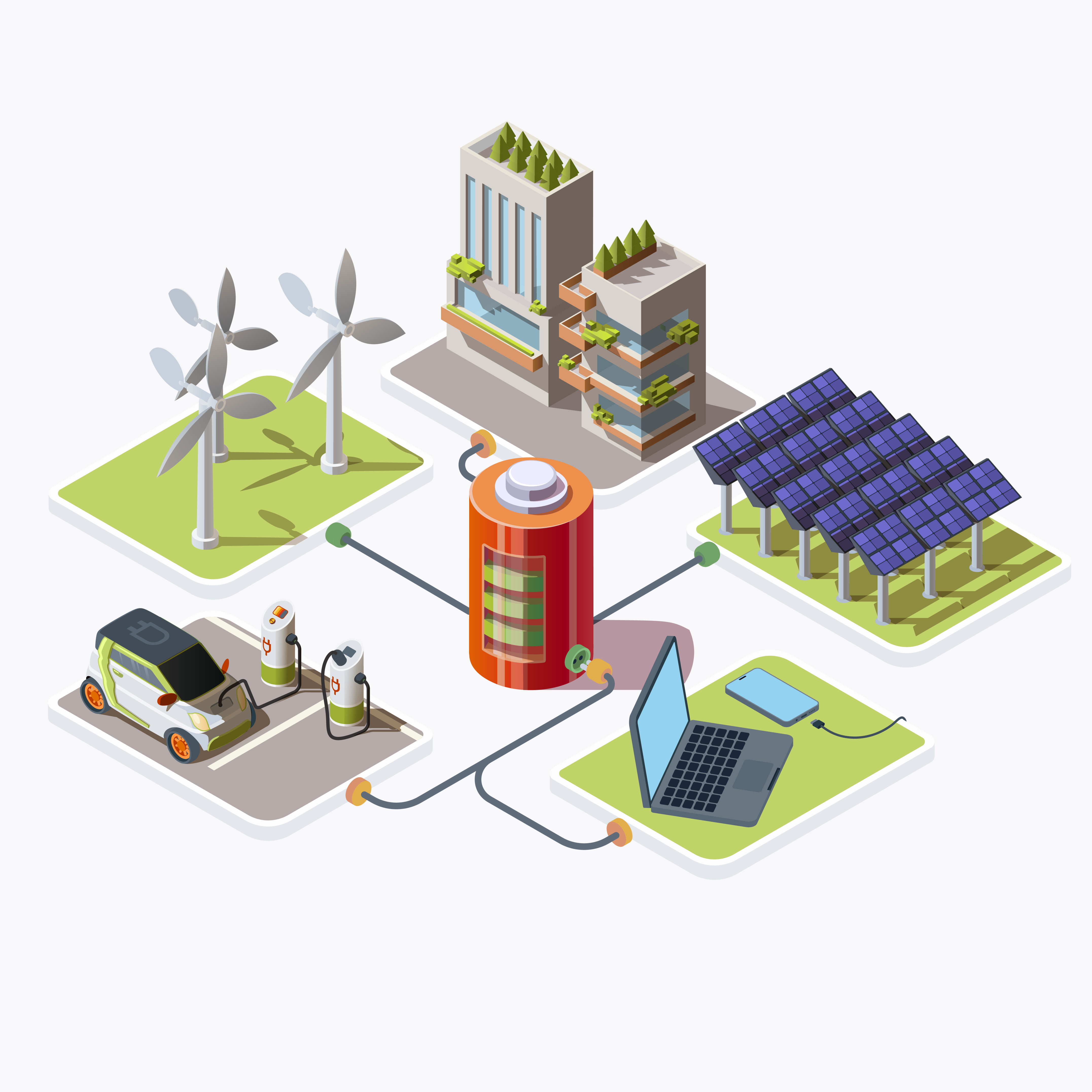Table of Contents
ToggleIntroduction
As the world increasingly prioritizes sustainability, electric vehicles (EVs) have emerged as a key solution to reduce carbon emissions and dependence on fossil fuels in the transportation sector. Alongside the rise of EVs, the infrastructure supporting them, particularly EV chargers, plays a vital role in promoting sustainable lifestyles. This article explores how EV chargers contribute to enhancing sustainability, from reducing greenhouse gas emissions to providing convenient charging solutions for EV owners.
Benefits of Electric Vehicles
EVs produce significantly fewer greenhouse gas emissions compared to traditional internal combustion engine vehicles. By running on electricity, which can be generated from renewable sources, EVs contribute to lowering carbon footprints and mitigating climate change. Operating an EV typically costs less than a gasoline-powered vehicle. Electricity is often cheaper than gasoline on a per-mile basis, resulting in long-term savings for EV owners. Additionally, EVs require less maintenance due to fewer moving parts, further reducing operating costs.
The adoption of EVs leads to reduced emissions of pollutants such as nitrogen oxides (NOx), particulate matter (PM), and volatile organic compounds (VOCs). This results in improved air quality, especially in urban areas, leading to public health benefits and a better quality of life for communities. EV chargers play a crucial role in providing convenient access to charging infrastructure for EV owners. By installing chargers in residential areas, workplaces, and public spaces, EV chargers enable drivers to charge their vehicles conveniently and reliably.
The widespread deployment of EV chargers is essential for supporting the transition to electric mobility. As more drivers switch to EVs, the availability of charging infrastructure becomes increasingly important to alleviate range anxiety and facilitate long-distance travel. Home charging is a convenient option for EV owners, allowing them to charge their vehicles overnight or during off-peak hours. Additionally, public charging networks and fast chargers enable EV owners to charge on the go, providing flexibility and peace of mind while traveling.
Environmental Impact of EV Chargers
EV chargers contribute to reducing reliance on fossil fuels for transportation. By enabling EV owners to charge their vehicles using electricity from renewable sources such as solar and wind power, EV chargers help decrease greenhouse gas emissions and promote a cleaner energy future. EV chargers have the potential to integrate with renewable energy sources, further reducing their environmental impact. By coupling EV charging with solar panels or wind turbines, EV owners can charge their vehicles with clean, renewable energy, minimizing their carbon footprint even further.
The adoption of EVs and the deployment of EV chargers contribute to minimizing the carbon footprint associated with transportation. By shifting away from gasoline-powered vehicles and embracing electric mobility, society can reduce emissions and move towards a more sustainable transportation system.Level 1 chargers are the most basic type of EV charger and typically use standard home outlets (120 volts). While convenient for overnight charging at home, Level 1 chargers are relatively slow and may not be suitable for daily charging needs.
Level 2 chargers are faster than Level 1 chargers and require dedicated charging stations with higher voltage (240 volts). These chargers are commonly installed in residential garages, workplaces, and public locations to provide faster charging speeds for EV owners. Level 3 chargers, also known as DC fast chargers, provide the fastest charging speeds for EVs. These chargers use direct current (DC) to charge EV batteries rapidly, making them ideal for long-distance travel and quick charging stops along highways.
Charging Options for EV Owners
Home charging is a convenient option for EV owners, allowing them to charge their vehicles overnight or during off-peak hours. By installing EV chargers at residential properties, homeowners can enjoy the convenience of charging at home and benefit from lower electricity rates. Public charging networks provide EV owners with access to charging stations in public locations such as shopping centers, parking lots, and recreational areas. These charging stations offer convenience and accessibility for EV owners who need to charge their vehicles while away from home.
Workplace charging programs enable employers to provide charging facilities for EV-owning employees. By installing EV chargers in workplace parking lots, employers can support sustainable transportation options, attract environmentally conscious employees, and demonstrate corporate social responsibility.
When choosing an EV charger, it’s essential to consider factors such as charging speed and power output. Faster chargers with higher power outputs can charge EV batteries more quickly, reducing charging time and increasing convenience for EV owners. EV chargers come in different configurations and connector types to accommodate various EV models. It’s essential to ensure that the charger you choose is compatible with your EV’s charging port to avoid compatibility issues and ensure efficient charging.The cost of installing and operating an EV charger can vary depending on factors such as charger type, installation location, and electricity rates. It’s essential to consider the upfront installation costs as well as ongoing operational expenses when choosing an EV charger for your home or business.
Cost Savings and Incentives
Owning an EV can lead to significant long-term savings on fuel costs compared to gasoline-powered vehicles. Electricity is often cheaper than gasoline on a per-mile basis, resulting in lower fuel expenses for EV owners over the lifetime of the vehicle. Many governments offer incentives and rebates to encourage the adoption of electric vehicles and EV chargers. These incentives may include tax credits, rebates, grants, or discounted electricity rates for EV owners, making EV ownership more affordable and attractive.
In addition to fuel savings and government incentives, EV owners may benefit from other financial advantages such as reduced maintenance costs and increased resale value. EVs have fewer moving parts than traditional vehicles, resulting in lower maintenance expenses over time. Additionally, EVs tend to retain their value well, making them a wise investment for environmentally conscious consumers.
Many EV chargers offer connectivity features that allow EV owners to monitor and control charging sessions remotely. Through smartphone apps or web interfaces, EV owners can check charging status, schedule charging sessions, and receive notifications when charging is complete.Smart EV chargers can optimize charging schedules based on factors such as electricity rates, grid demand, and renewable energy availability. By charging during off-peak hours or when renewable energy generation is high, EV owners can maximize cost savings and reduce their environmental impact. EV chargers can integrate with home energy management systems to optimize energy use and maximize efficiency. By coordinating EV charging with other household energy-consuming devices such as HVAC systems and appliances, homeowners can minimize energy waste and reduce electricity bills.
Future Trends in EV Charging
The expansion of EV charging infrastructure is essential for supporting the widespread adoption of electric vehicles. Governments, utilities, and private companies are investing in the deployment of charging stations in urban areas, highways, and rural communities to meet the growing demand for EV charging.
Advances in EV charging technologies are driving the development of faster, more efficient chargers with enhanced capabilities. Wireless charging, vehicle-to-grid (V2G) integration, and ultra-fast charging are among the innovative technologies being developed to improve the EV charging experience and accelerate the transition to electric mobility.The integration of EV charging infrastructure with autonomous vehicles and smart city initiatives has the potential to revolutionize urban transportation. Automated EV charging, dynamic pricing algorithms, and predictive analytics can optimize charging networks, reduce congestion, and improve energy efficiency in smart cities of the future.
Many homeowners are installing EV chargers at their residences to support electric mobility. By taking advantage of government incentives and rebates, homeowners can offset the cost of charger installation and enjoy the convenience of charging at home.Cities and municipalities are investing in public charging networks to encourage the adoption of electric vehicles and reduce emissions from transportation. By strategically locating charging stations in urban areas, cities can support EV owners and promote sustainable transportation options.
Forward-thinking companies are implementing workplace charging programs to support EV adoption among employees. By providing charging facilities at workplaces, employers can attract environmentally conscious workers, reduce carbon emissions from commuting, and demonstrate corporate sustainability leadership.
Conclusion
EV chargers play a critical role in enhancing sustainable lifestyles by supporting the widespread adoption of electric vehicles. From reducing greenhouse gas emissions to providing convenient charging solutions for EV owners, EV chargers contribute to a cleaner, greener future for all. By investing in EV charging infrastructure, governments, businesses, and individuals can accelerate the transition to electric mobility and promote a more sustainable transportation system for generations to come.
FAQs
What is an EV charger, and how does it work?
An EV charger, or electric vehicle charger, is a device that supplies electric energy to recharge the batteries of electric vehicles. It works by converting alternating current (AC) from the grid into direct current (DC) that is used to charge the vehicle’s battery.
Why are EV chargers important for sustainable lifestyles?
EV chargers play a crucial role in supporting the adoption of electric vehicles, which produce fewer greenhouse gas emissions compared to traditional gasoline-powered vehicles. By providing convenient access to charging infrastructure, EV chargers enable EV owners to charge their vehicles with clean electricity, reducing their carbon footprint and promoting sustainable transportation.
What types of EV chargers are available, and how do they differ?
There are several types of EV chargers available, including Level 1 chargers, Level 2 chargers, and Level 3 chargers (DC fast chargers). Level 1 chargers use standard home outlets and provide slow charging speeds, while Level 2 chargers require dedicated charging stations and offer faster charging. Level 3 chargers are rapid chargers that use direct current to charge EV batteries quickly, making them ideal for long-distance travel.
Can I charge my electric vehicle at home?
Yes, many electric vehicle owners choose to charge their vehicles at home using residential EV chargers. By installing a charging station in your garage or driveway, you can conveniently charge your EV overnight or during off-peak hours, ensuring that your vehicle is ready to go when you need it.
Are there public charging stations available for electric vehicle owners?
Yes, there are public charging stations available in various locations such as shopping centers, parking lots, and highways. These public charging networks provide EV owners with convenient access to charging infrastructure while they are away from home, enabling them to charge their vehicles during long trips or while running errands.







